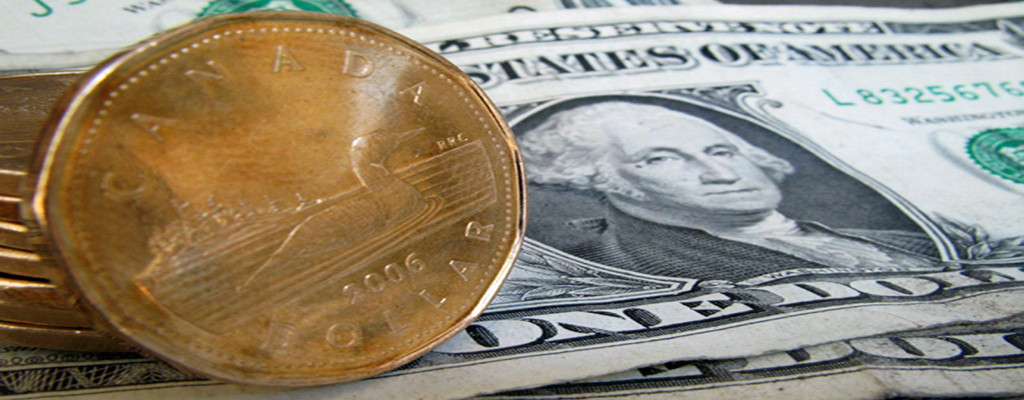– Canadian economic growth expected to have slowed in June.
– US Core PCE-Price index forecast at 0.2% m/m (previous 0.1%)
– US dollar opens a tad firmer across the board.
USDCAD: open 1.3474, overnight range 1.3470-1.3491, close 1.3485, WTI $75.89, Gold, $2524.52
The Canadian dollar drifted with a modestly negative bias overnight but is still on track to finish August with a 2.67% gains from where it opened on August 1. The Canadian dollar gains were mainly due to the rising risk of faster and deeper Fed rate cuts beginning in September.
The Canadian dollar has moved lower since peaking on Tuesday, but the decline lacks enthusiasm. That could change today if June GDP reveals that the economy didn’t grow at all. The forecast is a modest 0.1% m/m increase, slightly below May’s 0.2% result. However, any disappointment could be offset if StatsCan’s forecast for July indicates a healthy rebound. Regardless, the real driver for USDCAD remains the outlook for US interest rates, making today’s domestic data likely to be quickly forgotten.
The Bureau of Economic Analysis is set to release the Core PCE Price Index report today, which is the Fed’s preferred measure of inflation. The report is expected to show a 0.2% month-over-month increase for July, mirroring the growth seen in June. With inflation largely under control, the Fed has shifted its focus towards the labor market. Meanwhile, the US 10-year Treasury yield remains steady at 3.852%.
WTI oil traded within a 75.66-76.58 range, with prices supported by supply concerns in Libya and reports that Iraq plans to reduce output. The reduction in Iranian output is primarily a gesture to appease OPEC after exceeding its quotas.
EURUSD stayed within a tight range of 1.1069-1.1096 overnight, as a flood of Eurozone data added to the uncertainty. The Eurozone Core CPI increased by 2.2% year-over-year, matching expectations but falling short of June’s 2.6%. This decrease, driven mainly by lower energy costs, leaves room for a possible 25 basis point rate cut by the ECB in September. In the meantime, the Eurozone unemployment rate edged down from 6.5% to 6.4%.
GBPUSD remained stable during Asian trading, moving from 1.3160 to 1.3199 before slipping back to 1.3178 in New York. The currency gained some support from EURGBP selling, while disappointing August housing price data (-0.2% m/m versus the expected 0.3%) had minimal effect.
USDJPY had an uneventful session, confined to a 144.66-145.16 range. Tokyo’s August CPI rose to 2.6% year-over-year from July’s 2.2%, but this was counterbalanced by higher-than-expected Japanese unemployment (2.7% versus the forecasted and previous 2.5%) and a softer-than-expected rise in July Retail Sales (2.6% y/y versus the forecast of 2.9%).
AUDUSD remained steady within a 0.6789-0.6817 range following flat July retail sales (0% actual versus 0.3% forecast, compared to June’s 0.5%). Additional overnight support for the currency came from rumors that China might allow consumers to refinance mortgages.
.

